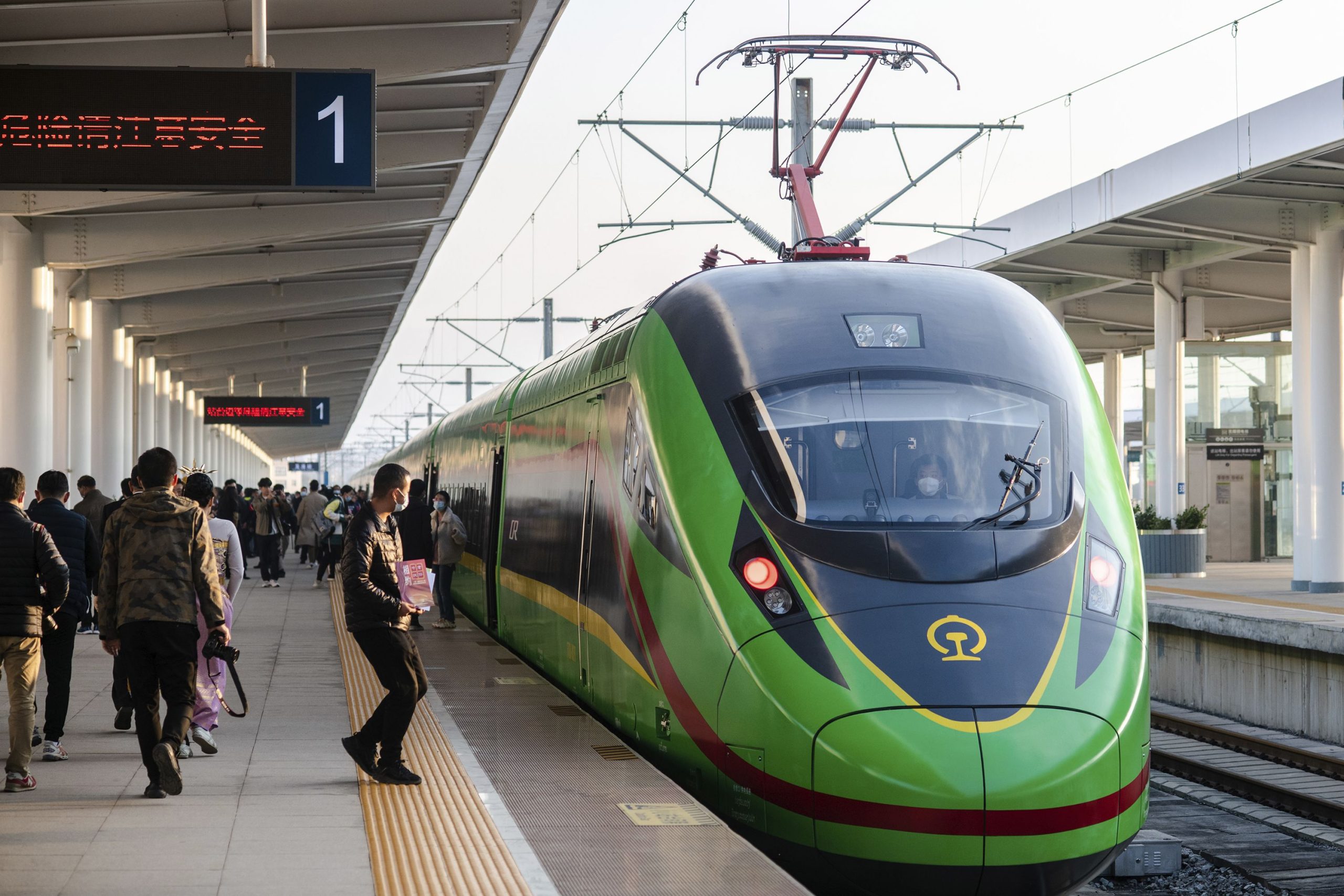The landlocked nation of Laos wouldn’t be the first place that comes to mind when expecting to ride a bullet train, yet the high speed railway connecting Laos to China has been in operation for more that 2 years. Laos has indeed been dealing with some unfortunate economic developments. Everything from sharp currency depreciation, to increased workforce migration to neighboring Thailand all got Laos in a tricky situation. The country is on the ropes and it hopes that a spike in tourism with the help of the new railway might lead to better economic fortunes, writes Cristian Gherasim, reporting from Vientiane, Laos.
In 2016, China was the biggest foreign investor in the Laotian economy, having invested US$5.395 billion since 1989, according to the Laos Ministry of Planning and Investment’s 1989–2014 report. China has helped build the high speed Boten–Vientiane railway which opened in December 2021. The project was reported to have had a final cost upwards of US$6bn.
Unexploded bombs that have been dropped during the Vietnam War would also be removed along the route.
The railway is expected to boost tourism, with passenger traffic to account for the majority of traffic on the railway. The high speed railway has been one of the most significant construction projects in Laos. The railway ends at Vientiane South cargo station. The Boten–Vientiane railway is a section of the central line on the Kunming–Singapore railway that is aimed at connecting China with the South East Asian countries.
The new railway has reduced the time it takes to travel from Vientiane the capital of Laos to Luang Prabang the World Heritage Site. Luang Prabang is probably the most iconic place in Laos so that is why hopes that the new railway would boost tourisms are high. Luang Phabang was listed in 1995 for unique and “remarkably” well preserved architectural, religious and cultural heritage, a blend of the rural and urban developments over several centuries, including the French colonial influences during the 19th and 20th centuries.
There is an increased number of tourist coming from China over the weekend to Laos via the new railway. Offering everything from ancient temples in Laos and pristine beaches in Thailand to lush rainforests and eco-tours in Malaysia, Southeast Asia has long been a big draw for Chinese travelers.
According to Laos-China Railway Company figures, the Laos-China Railway recorded over 10,000 trains and 8.7 million passengers from January to May, a 17.5% increase over last year. Initially planned with 32 stations, the railway currently boasts 10 passenger stations and 10 freight stations, with further expansion in progress.
Furthermore the Vientiane-Bangkok railway link began operations in July and also looks to connect Thailand to China. The second high-speed rail project underway in Thailand, aims to connect the Laos-China Railway with Bangkok – but is now facing further delays and mounting construction costs. Launching in phases, the Thai government currently expects the full line to be operational by 2028.


















































